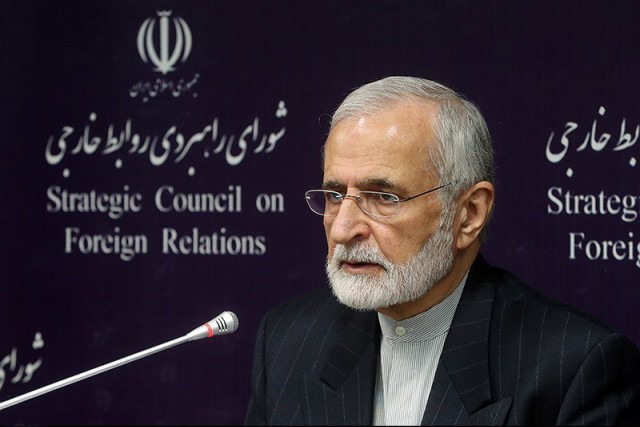Dr. Kamal Kharazi, calling on the aware and awake consciences of the world to prevent these blatant crimes of the Zionists, said: “What is happening in Palestine today is not a purely related Islamic or Arab issue; rather, all communities have a clear responsibility towards this flagrant crime against humanity, given the inefficiency of the UN Security Council.
He said that since the establishment of the regime in 1947, it had been predicted that fire and bloodshed would continue in Palestine, as the then the representative of Iran to the United Nations, who opposed the two-state solution to the Israeli-Palestinian conflict, had made a clear prediction that the decision would lead to the continuation of the killing and bloodshed in Palestine. The Islamic Republic of Iran considers the only solution to the Palestinian problem to be the end of the apartheid regime and holding a referendum to seek the opinion of the original people of this land, including Muslims, Christians, and Jews, to establish a democratic state so that all followers of monotheistic religions live together in this holy land.
The SCFR President stressed that today the idea of dissolving the apartheid regime and forming a single democratic government in the world has gained momentum and many thinkers in Europe, Asia and even the United States support this idea and numerous scientific articles have been published on this issue in recent years. Even among the people inside Israel who are tired of the current situation, there are those who defend the idea of forming a single democratic government, Kharazi noted.
Dr. Kharazi concluded by pointing to more than seven decades of Zionist atrocities in Palestine, emphasizing that the only way to completely defeat this criminal and child-killer regime and changing the apartheid regime to a democratic one is for the Palestinians to continue their resistance and for the freedom fighters all over the world to support their struggles.










0 Comments